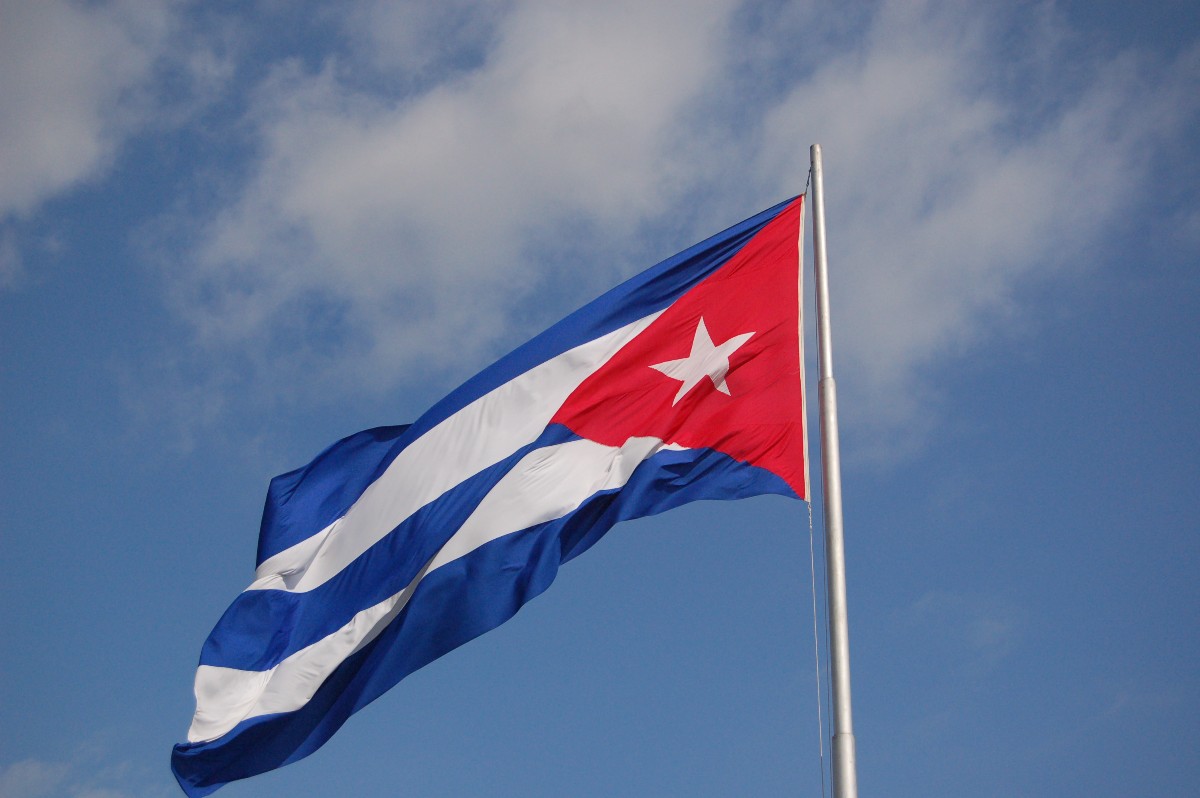~ Letter sent ahead of the completion of the Trump Administration’s U.S.-Cuba policy review ~
WASHINGTON – Today, over a dozen retired U.S. military flag officers urged U.S. National Security Adviser General H.R. McMaster to continue to normalize relations with Cuba in order to strengthen U.S. national security interests and regional stability in the Western Hemisphere.In a letter sent today organized by the American Security Project, the retired military officers urged the White House to prioritize U.S. national security as part of the Trump Administration’s U.S-Cuba policy review.
“Cuba’s location in the Caribbean and proximity to the US make it a natural and strategically valuable partner on issues of immediate concern, including terrorism, border control, drug interdiction, environmental protections, and emergency preparedness,”
The letter warns that a failure to engage with Cuba could open a vacuum for U.S. adversaries including Russia and China just 90 miles off our shores.
“If we fail to engage economically and politically, it is certain that China, Russia, and other entities whose interests are contrary to the United States’ will rush into the vacuum. We have an opportunity now to shape and fill a strategic void.”
April 20, 2017
Lt. Gen H.R. McMaster
National Security Advisor to the President
The White House
1600 Pennsylvania Ave.
Washington DC, 20050
Dear General McMaster:
In the heated debates about engagement and normalization of relations with Cuba, the opportunities it presents to strengthen US national security are often overlooked. As retired flag officers from across the armed forces, we have spent our lives securing America’s national security in every corner of the world. We have seen first-hand over many decades the policies and initiatives that worked and those that have not. The continued normalization of relations with Cuba is important to the national security of the United States and to the stability of relationships in the Western Hemisphere.
Cuba’s location in the Caribbean and proximity to the US make it a natural and strategically valuable partner on issues of immediate concern, including terrorism, border control, drug interdiction, environmental protections, and emergency preparedness. Indeed, substantial progress already has been made over the last two years in these and other areas, resulting in 22 agreements between the US and Cuba and practical coordination with our military and other agencies. We should continue and expand those efforts.
Ensuring Cuba’s economic stability will further U.S security interests in the western hemisphere, particularly given the challenges facing certain of our neighbors in Latin America. By increasing trade and information flow, we will empower the Cuban people to better determine their own futures. We acknowledge the current regime must do more to open its political system and dialogue with the Cuban people. But, if we fail to engage economically and politically, it is certain that China, Russia, and other entities whose interests are contrary to the United States’ will rush into the vacuum. We have an opportunity now to shape and fill a strategic void.
Completing the reopening of diplomatic relations with Cuba will provide long-term national security benefits to the United States. It will finally secure our “Third Border.” It will reshape our relations throughout Latin America, isolating our adversaries. As a matter of national security, we urge our elected leaders to continue the process of normalization with Cuba and not to let the momentum fade.
General James T. Hill USA, (Ret.)
Admiral Robert Inman, USN (Ret.)
General Merrill “Tony” McPeak, USAF (Ret.)
Lieutenant General John G. Castellaw, USMC (Ret.)
Lieutenant General Daniel Christman, USA (Ret.)
Vice Admiral Lee Gunn, USN (Ret.)
Lieutenant General Dirk Jameson, USAF (Ret.)
Lieutenant General Donald Kerrick, USA (Ret.)
Lieutenant General Norman R. Seip, USAF (Ret.)
Major General Paul Eaton, USA (Ret.)
Major General Alan B. Salisbury, USA (Ret.)
Rear Admiral Jamie Barnett, USNR (Ret.)
Brigadier General Stephen A. Cheney, USMC (Ret.)
Brigadier General David McGinnis USA (Ret.)
Rear Admiral Michael Smith USN (Ret.)
Brigadier General Stephen Xenakis, USA (Ret.)






